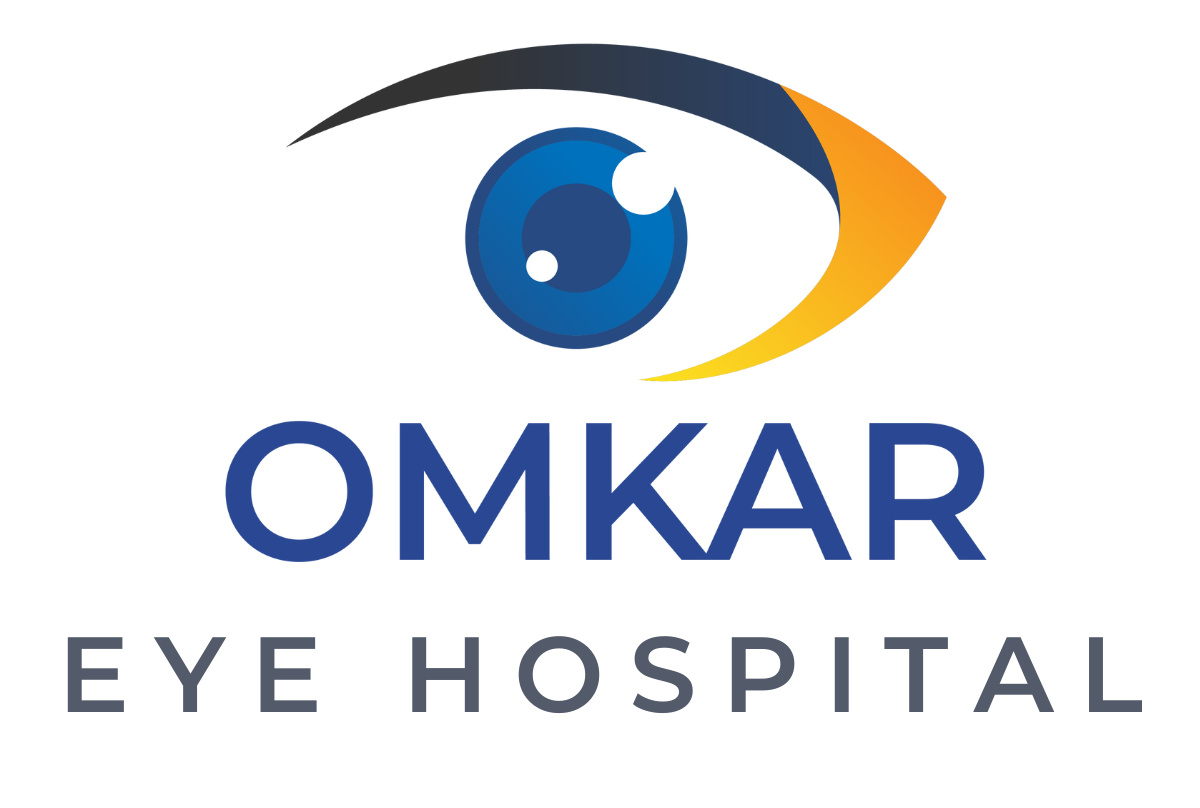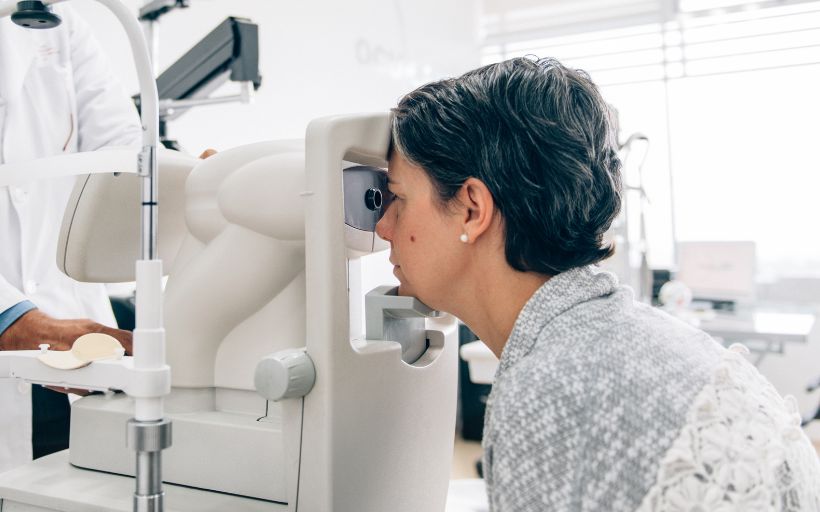Our eyes are amazing! They let us see the colors of a sunrise, the smile on a loved one’s face, or the words on this very blog. Yet, many of us treat them like a Netflix subscription—we forget about them until something stops working. Let’s change that! Regular eye check-ups at an Eye health hospital aren’t just for people with glasses. They’re for everyone who loves their sight. (That’s you!)
Why Eye Check-Ups Are a Must
You might think, "My vision is fine; why do I need an eye check-up?" But here’s the truth: eye check-ups aren’t just for people with glasses or contacts but for everyone. Here’s why:
1. Spot Problems Before They Become Big Issues
Many eye diseases, like glaucoma or macular degeneration, sneak in without noticeable symptoms. Regular check-ups can detect these silent issues early when they’re much easier to treat. Early diagnosis often means saving your vision from bigger troubles.
2. Fight the Digital Age Blues
In today’s world, we’re glued to screens—computers, phones, tablets. All this screen time can cause digital eye strain, leading to headaches, dryness, or blurry vision. Regular visits help diagnose and manage these issues, keeping your eyes happy in the digital era.
3. Help for Growing Eyes
Kids’ vision needs special attention. Their eyes change rapidly as they grow, and undiagnosed vision problems can impact their learning and play. Routine eye check-ups ensure your child’s vision is ready for every adventure, from school to sports.
4. Your Eyes Reveal More Than You Think
Did you know your eyes are windows to your overall health? An eye exam can reveal signs of diabetes, high blood pressure, or even cholesterol issues. Your eye doctor could spot these conditions before you notice symptoms, helping you stay ahead of potential health issues.
What Happens During an Eye Check-Up?
If you’re imagining a long and severe process, relax! Eye check-ups are quick, painless, and simple. Here’s what typically happens:
Visual Acuity Test
A visual acuity assessment evaluates the clarity of a person's vision by identifying the smallest letters they are able to read on a standardized chart.
Refraction Test
A refraction test determines an individual's glasses or contact lenses prescription. It is conducted by an eye care professional, such as an ophthalmologist or optometrist, and is typically included in a standard eye examination.
Eye Pressure Test
A small puff of air or a gentle device measures pressure inside your eyes to check for glaucoma.
Retina Examination
Your doctor will examine the back of your eyes (the retina) using special equipment to ensure it’s in good shape.
It’s a simple process that goes a long way in protecting your vision!
Fun Eye Facts You Didn’t Know
- Your eyes can distinguish about 10 million colors. (Wow!)
- They blink around 4.2 million times a year. (Give them a round of applause!)
- Your eyeballs stay the same size from birth. Tiny but mighty!
When Should You Visit an Eye Hospital?
Ideally, you should get your eyes checked once a year. But if you notice:
- Blurry or double vision.
- Frequent headaches.
- Difficulty seeing at night.
Don’t wait! Book an appointment today.
Wrapping Up: Your Eyes Deserve the Best!
Think of regular eye check-ups as an investment in your vision’s future. They’re quick, easy, and give your eyes the VIP treatment they deserve.
So, what are you waiting for? Book that eye appointment today at an Eye health hospital and see the world in all its glory—literally!


